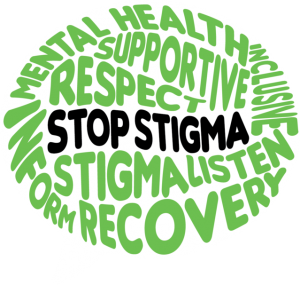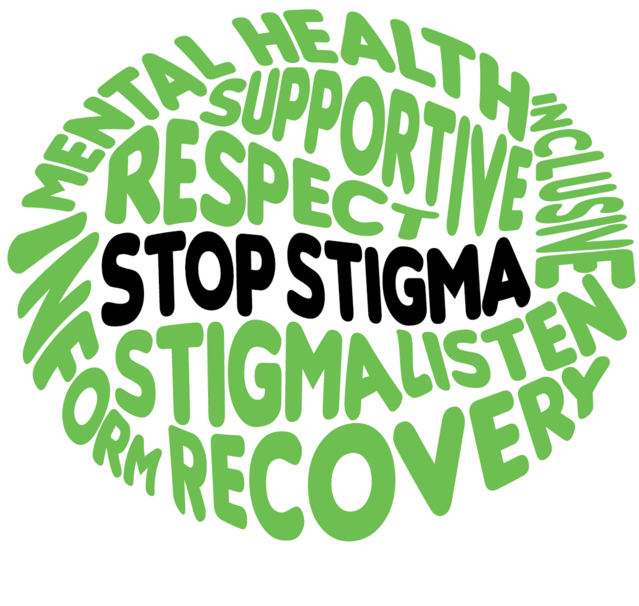
Everyone might get mentally ill and the illness can be treated very effectively after proper diagnosis. Unfortunately, the feeling of disgrace and shame which is commonly known as stigma can be a big hurdle in timely diagnosis and treatment of the illness and eventually leaves extremely harmful impact over the sufferers. For teenagers, stigma can bring worse affect because they have to face a number of challenges during their adolescence. If you know someone in your family or friends going through stigma, you must try to do your best to help him control it before he harms himself.
Shocking Facts You Must Know About
The statistics shows that approximately 10-20 percent of young people can get suffered from some kind of mental disorders or illnesses. It simply means the problems are quite common so you don’t really need to worry about it if you and anyone else in your family going through it. However, what’s more important is that only 1 of 5 actually gets treatment for the problem which reveals the shocking fact that the problem is usually left untreated.
Why People Avoid Taking Treatment for their Illnesses?
The main reason for such senseless attitude is that the people are afraid of getting publicly disgraced. They have the fear to be judged wrongly by others due to their illness if revealed and thus in most of the cases people prefer to remain silent and don’t get any treatment. The sufferer of mental diseases usually tries to avoid revealing the problem because of various reasons such as:
• He might think that his family or friends will fail to understand his problems and will not support him
• He might have the fear of complete loneliness and isolation which he does not want.
• He might have doubts about his abilities and the chances of recovery from the illness.
• Other reasons
It is quite important to note here that the mental disorders are the actual illnesses and they need immediate diagnoses and treatment like any other disease. Failure in diagnoses and treatment could greatly mitigate the recovery chances.
3 Things You Can Do to Mitigate Stigma
If everyone in every family is mentally healthy and you think you don’t need to know how to control stigma, you should still learn about it because as part of a community, it is your responsibility to play your positive role in helping others suffering from mental disorders. You can do various positive things to make things better around you:
Action # 1: Right Words to Describe Someone’s Mental Condition
If you know someone with mental disorder, you should always be very careful in describing their condition. For example, instead of saying “Melisa is bipolar”, you should say “Melisa is bravely facing bipolar disorder”. You might wonder that there is no big difference in both the sentences but there definitely is. The first sentence puts the label on someone’s personality while the other sentence gives a non-judgmental statement.
Action # 2: Never Let Stigma Control someone’s Mind
Through your words and actions, you must try to convince the sufferers that the mental disorders are not some kind of personal weakness and if someone is having these, it is not at all his/her fault. If someone feels sickness, what’s the point to feel shame about it? Nothing! Seeking for medical counseling and treatment is an immediate need which can’t be postponed for tomorrow. Help the sufferers connect with others with the same problems. Show compassion and appreciate their efforts.
Action # 3: Play Your Part to Discourage Stigma
If you have access to healthcare services, try to get updated information from them regarding mental disorders, causes, diagnoses and most importantly treatment. Learn whatever you can to ensure 100% recovery from the illness. Don’t limit your opinion about stigma to yourself but share the information and opinions with everyone through social media, news editors, letters, notices etc. Get Information At Speedyessay







Recent Comments